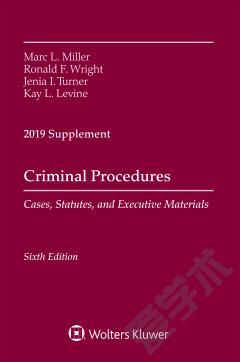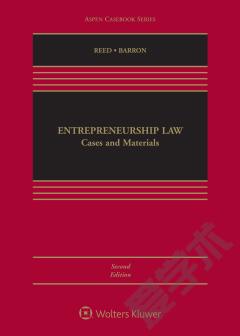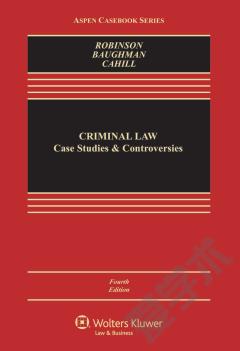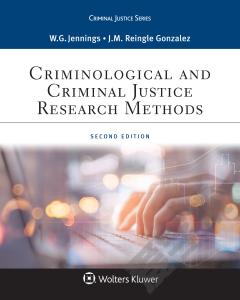Criminal Procedures —— Cases, Studies, and Executive Materials
----- 刑事诉讼程序:案件,研究和执行材料
Criminal Procedures: Cases, Statutes, and Executive Materials, Sixth Edition is noted for its comprehensive coverage and excellent selection and editing of cases and materials. The book is known for its special focus on a rich selection of materials from multiple institutions, including primary materials from U.S. Supreme Court cases, state high court cases, state and federal statutes, rules of procedure, and police and prosecutorial policies, along with materials from social science studies. The new Sixth Edition retains the casebooks engaging writing style and division of materials into teachable chunks. Updated cases are chosen for their contemporary accuracy and feel to complement essential cases of historical value. Taken together, the principal materials highlight procedural variety, focus on real process topics, provide the political context, and consider the impact of procedures on the various parties involved. The scholarly expertise and experience of the authors is especially reflected in the Criminal Procedure II materials, which includes coverage of prosecutorial charging, plea bargaining, and sentencing. Their frequent use of Problems gives instructors options for applying concepts and doctrines in realistic practice settings. New to the Sixth Edition: Two new authors join the editorial team: Jenia Iontcheva Turner of SMU Dedman School of Law and Kay L. Levine of Emory University School of Law. With her doctoral training in Socio-Legal Studies and her balanced experience as a prosecutor and a defense attorney in state court, Professor Levine sharpens the focus of the book on the real-world operation of courtroom actors in high-volume state systems. With her background in international criminal tribunals and comparative criminal procedure, Professor Turner strengthens the comparisons between court systems in the U.S. and those around the world. As experienced and celebrated classroom teachers, both Professors Turner and Levine bring closer attention to student learning needs in every chapter of the book. More examples and discussion demonstrate the effects of new technologies on criminal procedure. A revamped Chapter 1 offers a deeper exploration of competing models of policing and useful background about policing organizations. Reorganized Chapters 2 and 7 introduce students to the shifting analytical frameworks that the U.S. Supreme Court now employs to evaluate searches in the context of technological devices that store and collect large amounts of data. Chapter 6 relies on current newsworthy debates about police use of force to explore the alternatives and supplements to the exclusionary rule remedy. A revamped Chapter 12 surveys the major changes in the use of money bail and risk assessment algorithms, previewing the prospects for further system reforms. Chapter 13 covers newsworthy recent changes in the charging policies and diversion practices of prosecutors offices, especially those in urban areas such as Philadelphia. Chapter 17 expands its coverage of the tensions between fair trials and public trials, including new materials on public access to court files and statistics. A refocused Chapter 19 provides a more detailed and vivid portrait of sentencing hearings and the use of risk assessment instruments. Professors and students will benefit from: Materials that support class discussion, including criminal court actors beyond the Justices of the U.S. Supreme Court: the vision is street level federalism Materials that portray for students the range of current practices in criminal justice rather than a rushed historical narrative about doctrinal trends A supporting website that offers exemplar documents from legal practice, recent news with relevance for criminal procedure, and brief video lectures to introduce each major unit Emphasis on high-volume practical issues in crimin
{{comment.content}}








 京公网安备 11010802027623号
京公网安备 11010802027623号